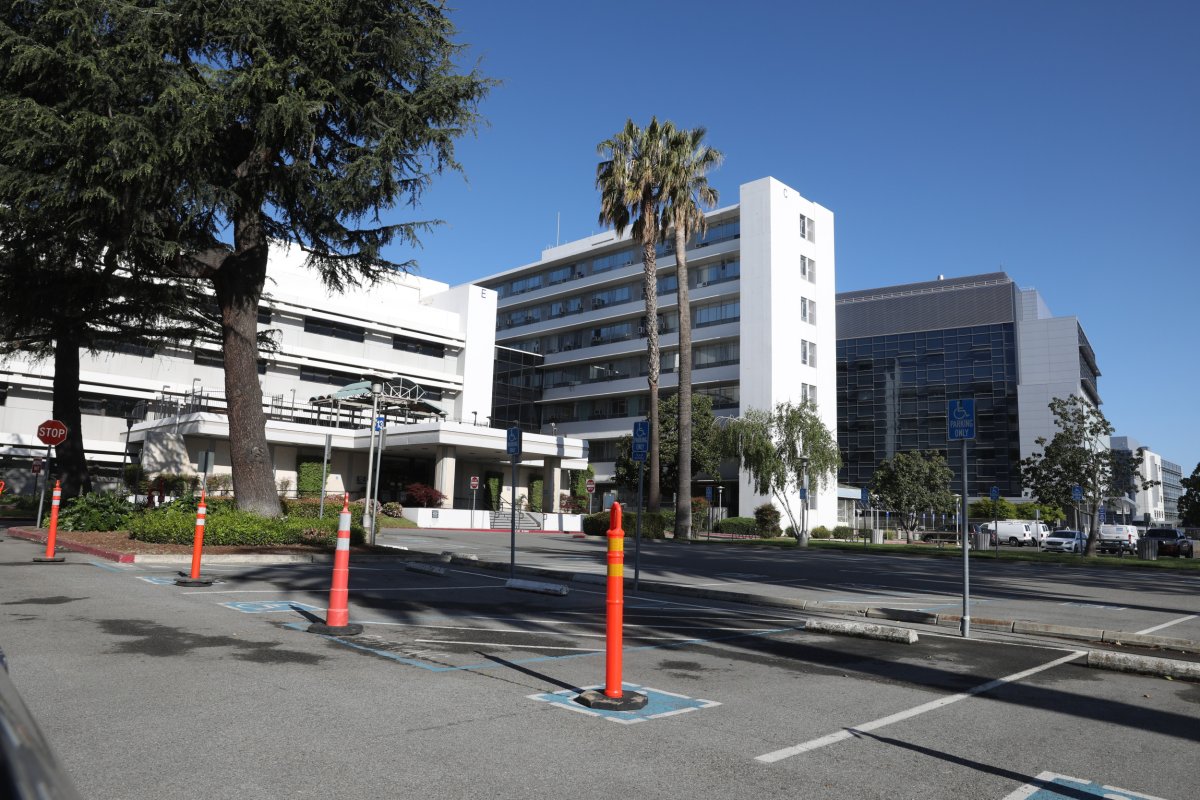Since the end of the Covid-19 health care guarantees, Covoria’s general insurance coverage has decreased by more than 850,000.
The “Disingrollynt”, or “relaxation”, which started last year, witnessed joining the health insurance program for the benefit and child (CHIP) in Golden Site from about 14.3 million to slightly more than 13.4 million over 18 months before October. 2024, according to KFF, health policy research is non -profit.
Why do it matter
The change in the enrollment rate in California (6 percent) is less attractive than those seen in other states are similarly idle as Florida and Texas. KFF research shows that the total non -registration rate – the number of those who were unable to renew the coverage after being exposed to the series – by 19 percent, is less than the national average of 31 percent.
However, the high number still raises concerns about health care for about a million California residents. Studies have also found that many of the disposal operations did not occur due to the lack of eligibility, but rather confusion about the jaw process after the border, and the state’s failure to communicate these details to individuals, as well as procedural issues that prevented many from renewing their coverage.
What do you know
The “Continuous Registration” item was included in the first Coronvos viruses’ law, passed in early 2020, and made sure that the states cannot withdraw Medicaid and Chip coverage from individuals during the case of healthy emergency Coronverus Virus.
A stomach redefinition was temporarily stopped until March 2023, which led to a sharp increase in the number of those who receive public health care.
However, in the months that followed the end of the continuous enrollment, KFF surveys revealed that many individuals did not understand the effects of the relaxation process. The researchers also discovered that delay, administrative errors, and other “procedural issues” resulted in the inability of many in the appropriate time to re -determine their coverage.
There is a wide variation in non -registration rates between countries, due to a number of factors. KFF early in the relaxation process that countries like Pennsylvania have indicated that they were “probably unqualified” in order to accelerate the cancellation of registration after the end of the Covid era.
Other states, including California, made attempts to build on the expansion of the coverage that was seen during Covid through the previous partOr automatic renewal initiatives, which have greatly reduced the number of those who lost health care to the “procedural causes” described by KFF.
As a result, while about 850,000 has lost public health care since March 2023, this number is much lower than some previous estimates. In addition, joining the Medicaid and Chip is still above 1.8 million (16 percent) than it was in February 2020.

Liz Havalia/San Francisco Cronic via AP
What people say
Ben Andersonfor Deputy Director of Health Policy in the United States of Americafor A group of health care consumers told KFF Health News in September: “We have seen some amazing expansion of coverage in places such as Oregon and California. But if you live in Texas, Florida and Georgia, where your health coverage has been disabled in ways to prevent it by state leaders.”
What happens after that?
The relaxation process has ended significantly, according to KFF, although it said that some states may still complete the medical decisions.
Do you have a story that we must cover? Do you have any questions about this article? communication Livenews@newsweek.com.
